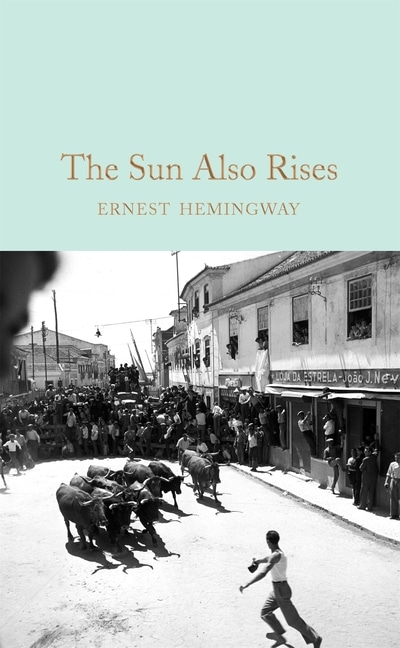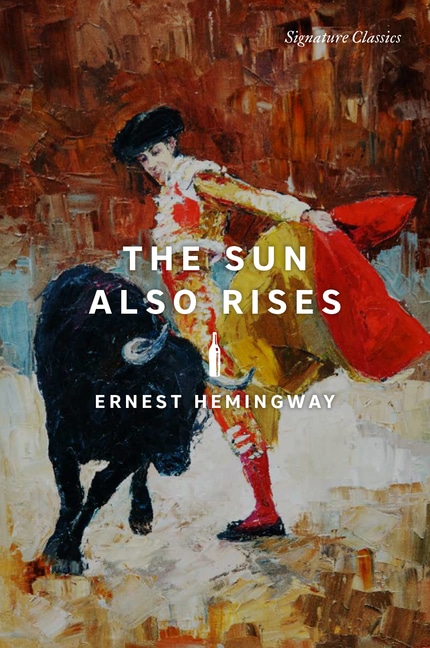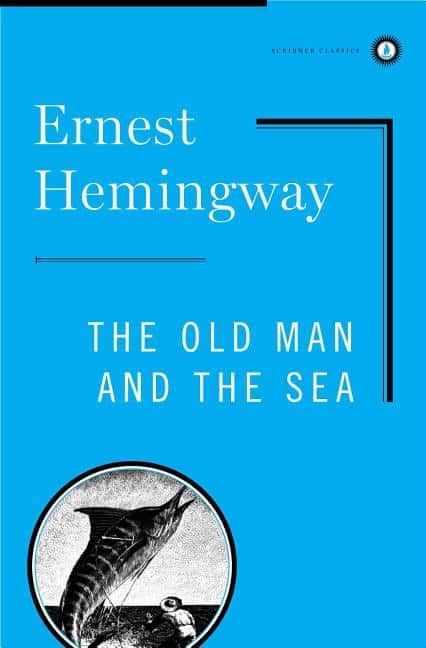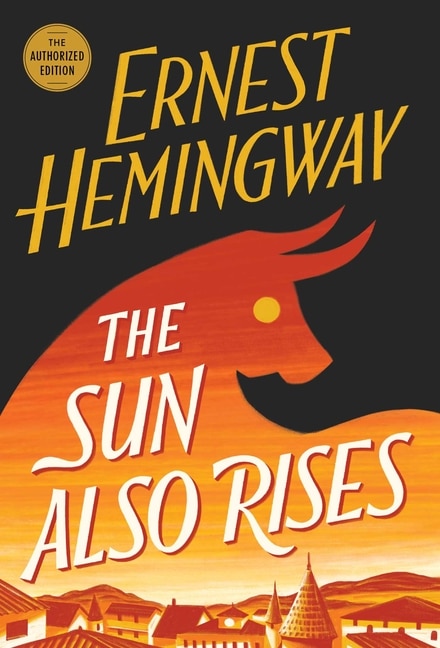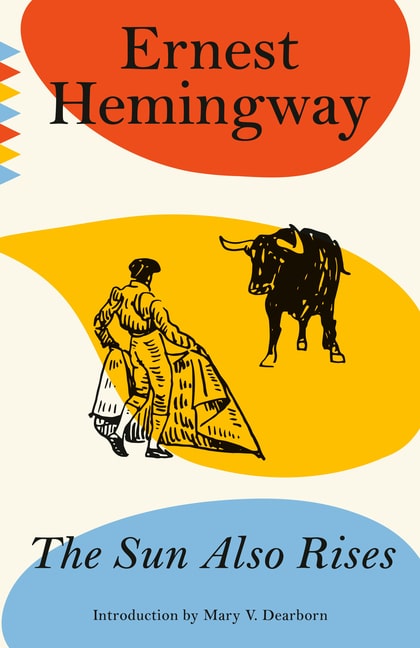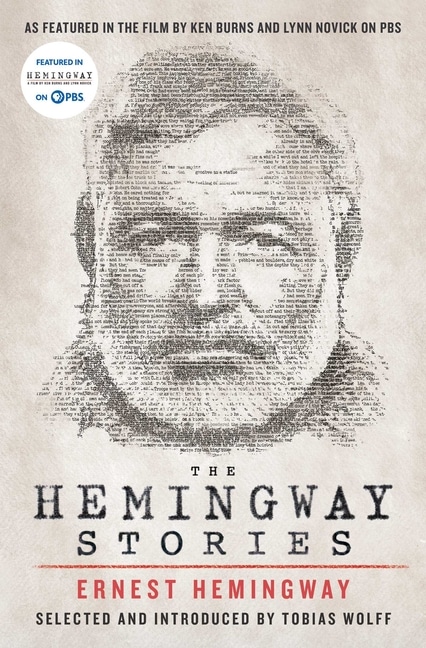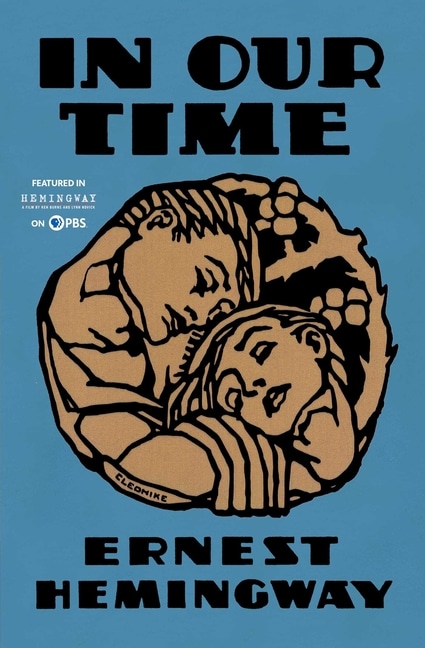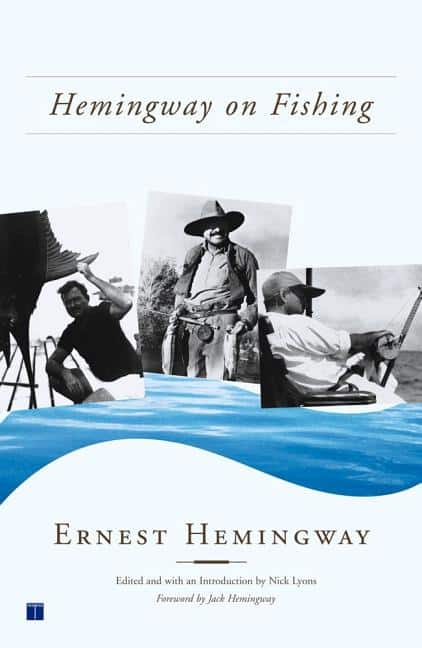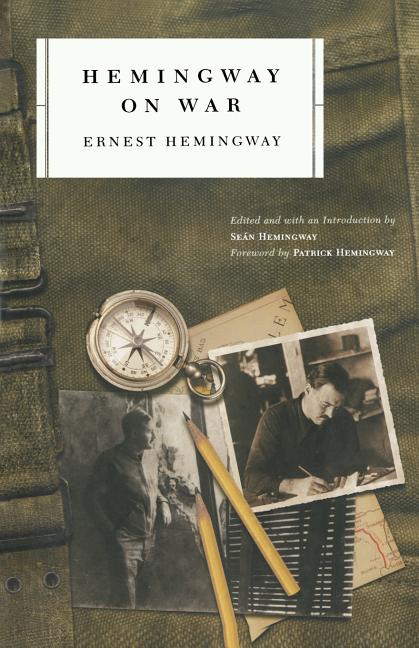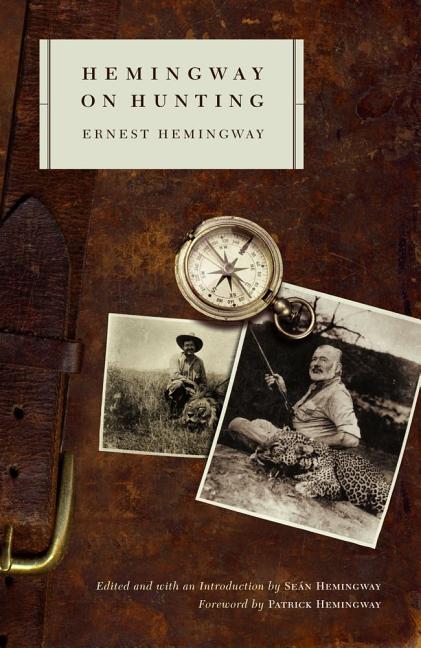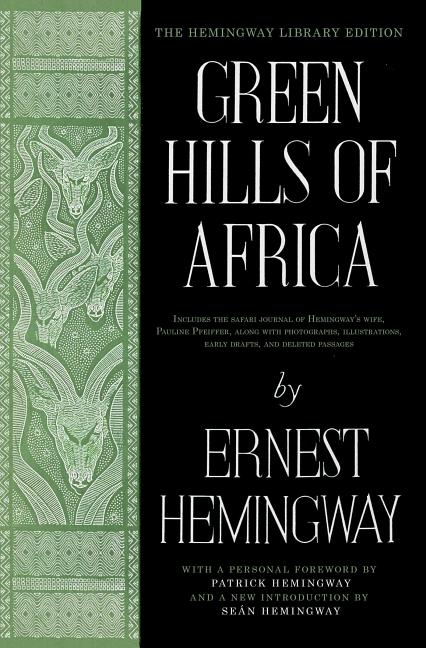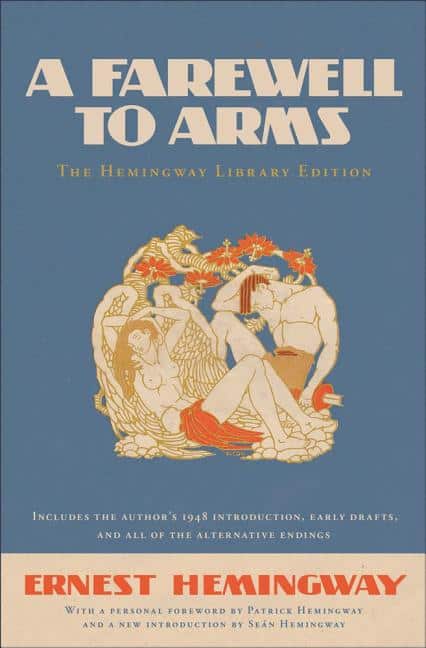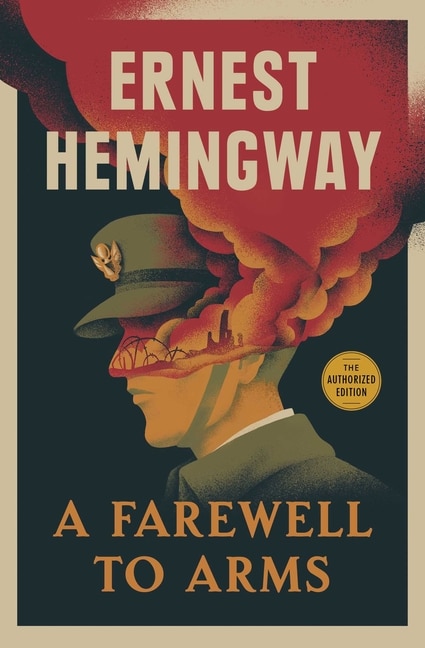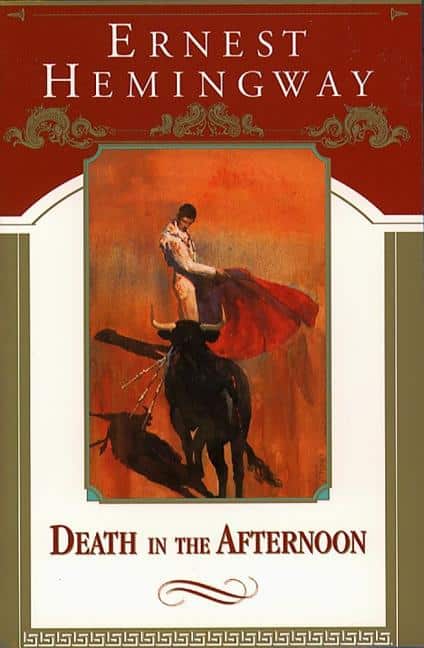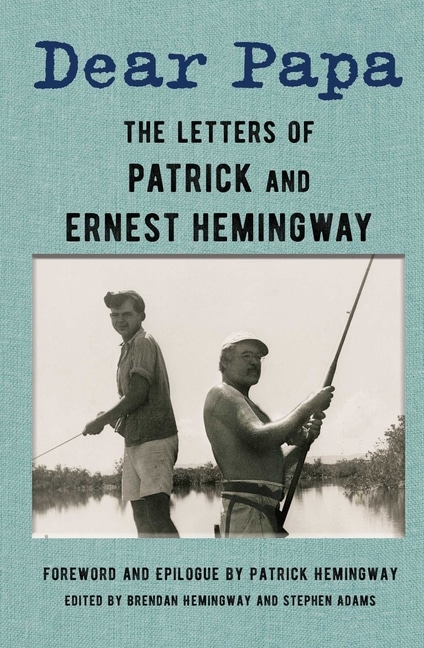Showing 1–20 of 27 results
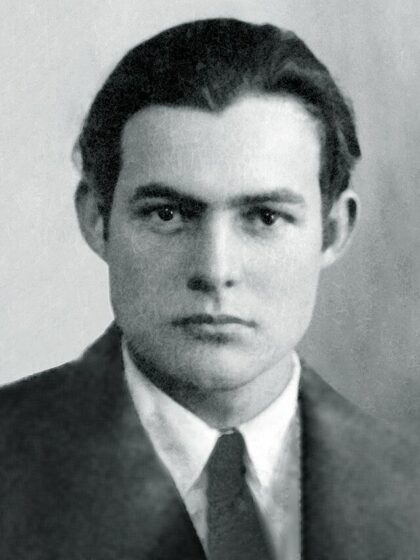
About Ernest Hemingway
Ernest Hemingway, a stalwart of American literature, was known for his succinct and straightforward writing style that starkly contrasted with the elaborate prose favored by many of his contemporaries. Born July 21, 1899, in Oak Park, Illinois, Hemingway melded his experiences as an ambulance driver in World War I, a journalist during the Spanish Civil War, and a deep-sea fisher in Cuba and the Florida Keys, with a dramatist’s eye for narrative to produce works of enduring significance. His novels and stories—among them “The Old Man and the Sea,” “A Farewell to Arms,” and “The Sun Also Rises”—exhibit searing insights into the human condition and earned Hemingway a Nobel Prize in Literature in 1954.
Amidst his literary success, Hemingway led a lifestyle often as adventurous as those of his characters. His passion for outdoor pursuits, reflected in his love of fishing, hunting, and bullfighting, is passionately inscribed in much of his work. Later in life, Hemingway continued his adventures as a war correspondent during the Spanish Civil War and World War II, experiences that infused a dramatic sensibility and an acute awareness of mortality into his writings.
Despite battling physical decline and mental health issues towards the end of his life, Hemingway’s cultural impact as a writer remains profound. His discipline, knack for concise prose, and his ability to weave a compelling, honest tale continue to resonate with readers worldwide. Serving as an inspiration for countless authors, Ernest Hemingway, who tragically took his own life in 1961, leaves behind a literary legacy that continues to shape the landscape of American literature.
